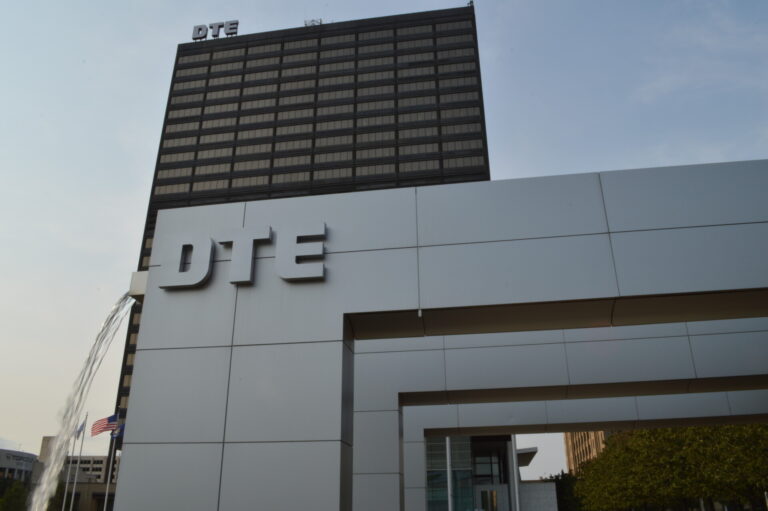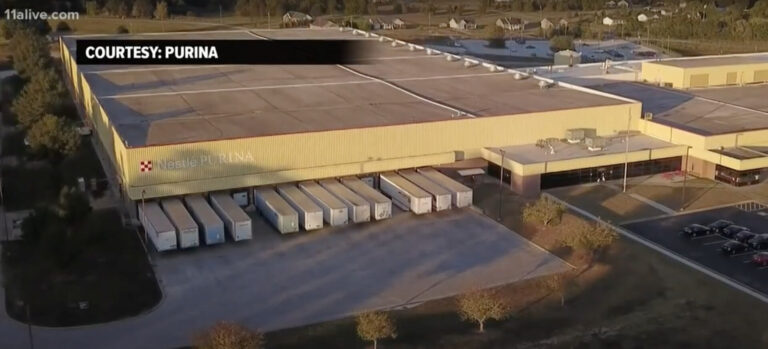Natural Allies for a Clean Energy Future
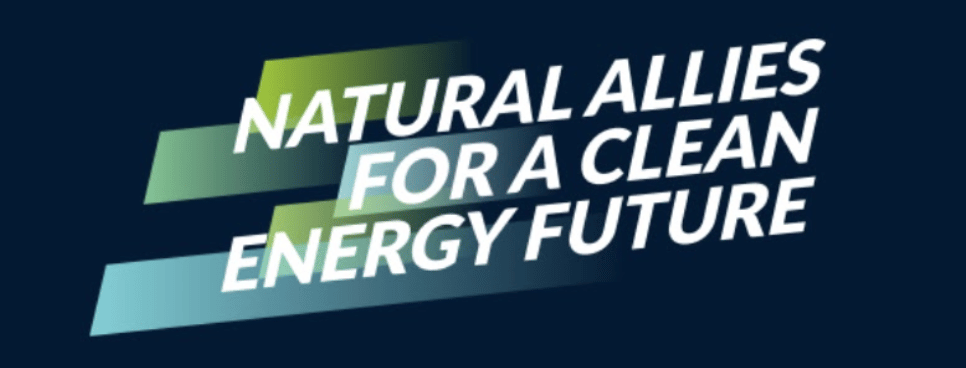
Natural Allies for a Clean Energy Future
Natural Allies for a Clean Energy Future is a 501(c)(4) front group launched in August 2020 that promotes fossil gas to support emission reductions and reliability. Reporting by the Guardian revealed that Natural Allies for a Clean Energy Future has budgeted over $10 million for its advocacy efforts. The efforts include convincing younger, liberal, and non-white audiences that fossil gas is a “clean” energy solution. The campaign is happening despite mounting evidence regarding the risks of gas stoves to public health and that methane – the primary component of fossil gas – has a climate warming potential that is 84 to 87 times greater than carbon dioxide over a 20-year period. The recent UN IPCC report clearly states that cutting methane emissions is critical to having a chance to limit global temperature increases to 1.5 degrees celsius. Additionally, the International Energy Agency has recently concluded that there can be no new fossil fuel projects if the world is to stay within the 1.5 degrees celsius limit on global warming.
Public members of the front group include the midstream pipeline companies Kinder Morgan, TC Energy, and Williams Companies. Southern Company is a known utility member along with liquefied natural gas exporter Cheniere Energy. Kinder Morgan’s 2021 ESG report said it joined Natural Allies for a Clean Energy Future in 2020. Southern Company’s 2021 Climate Disclosure report said it is a member of the group and share consistent positions on climate change.
The Interstate Natural Gas Association of America (INGAA) and several union trade associations are also members. The front group’s initial board of directors in 2020 included DTE Energy’s Renze Hoeksema and Duke Energy’s Katherine Neebe. National Fuel’s Karen Merkel joined the board of directors in 2021.
Natural Allies for a Clean Energy Future received $4.7 million in revenue in 2021, which was increase from the $1.75 million in revenue in 2020. Most of the revenue is then sent to Omnicom Public Relations for “public relations” expenses.
The front group presented to the National Association of Regulatory Commissioners (NARUC) gas committee in January 2021 and presented again to the larger group of utility commissioners on July 17 and July 18, 2022.
An American Gas Association (AGA) August 2020 executive committee meeting document details “Natural Gas Industry Initiatives Across the States.” One of the initiatives includes details about a “Midstream Campaign” that targeted voters in North Carolina, Pennsylvania, Texas, Virginia, and Wisconsin ahead of the 2020 election. The AGA members listed as part of the campaign were Boardwalk Pipelines, Duke Energy, TC Energy, and Williams Companies. Boardwalk Pipelines, a subsidiary of Loews Corporation, was disclosed in a Loews’ 2021 company overview presentation to investors that as part of the company’s ESG initiatives, Boardwalk Pipelines is a “proud partner of Natural Allies for a Clean Energy Future, a coalition aligned around natural gas the nation’s best foundational energy and the essential role it plays in cleaner air, the growth of renewable energy sources and the fight against climate change.”
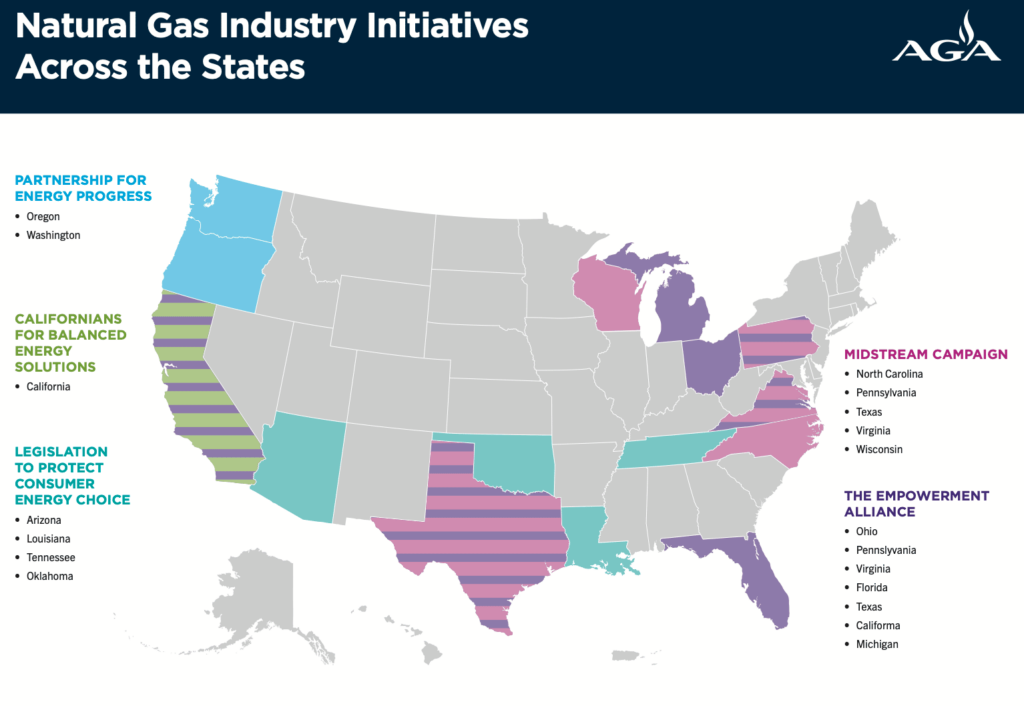
Another document, obtained via public records request with the Municipal Gas of Georgia, revealed a utility employee had sent industry colleagues a “Changing the Conversation on Natural Gas” pamphlet by Natural Allies for a Clean Energy Future. The pamphlet detailed the front group’s plan to “redefine the role of natural gas in fighting climate change and protect the social license to operate.” The front group listed Pennsylvania, North Carolina, Michigan, and Texas as the “battleground states” to target “opinion leaders & influencers” in the Democratic party’s base.
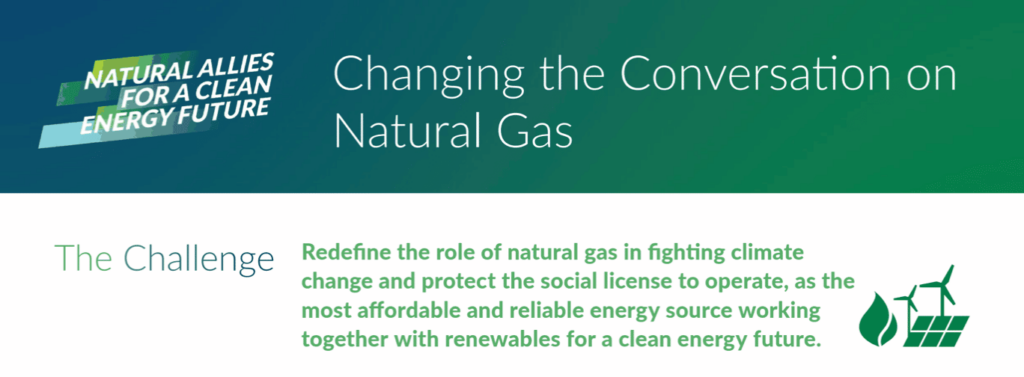
The front group’s campaign pamphlet further revealed that the “movement and message impact among Black voters in particular indicate the importance of these voters to a future campaign.” The document added, “Black voters- the core of President Biden’s Democratic coalition – are more likely to support affordability over disruptive changes in energy and climate policy. Black voters also register lower support for the Green New Deal when informed of the practical effects of such policies on energy affordability and reliability.”
Additionally, the document disclosed that the group intended to create a “Leadership Council” to “provide third-party validation.” In January 2022, the group announced that former Senators Mary Landrieu (D-LA) and Heidi Heitkamp (D-ND) joined the Leadership Council.
In November 2022, residents of Louisiana and Washington D.C. Tweeted mailers from Natural Allies for a Clean Energy Future that claimed, “Reliable, affordable, natural gas is accelerating the flight into our clean energy future.”
Natural Allies for a Clean Energy Future has sponsored the Politico Power Switch newsletter numerous times in 2022 and 2023. In early November 2022, their advertisements said natural gas would help the United States achieve the Paris Climate Agreement targets. Advertisements in early January 2023 pushed a similar message: “Natural gas, partnered with renewable energy will help reach global climate goals faster, without sacrificing reliability or affordability.” Advertisements throughout the last week of January 2023 said, “Natural gas is the best way to reach climate goals faster and power our future cleanly, reliably, and affordably.”
Natural Allies for a Clean Energy Future’s Ad Spending
Utilities continue to stall and limit climate action by funding front groups to spread climate misinformation and false solutions to solve the crisis through advertising on social media networks.
Natural Allies for a Clean Energy Future has spent at least $558,526 on Facebook and Instagram advertising since its creation in August 2020, according to Facebook Ad Library. The advertisements have increasingly targeted women and younger audiences, according to the Guardian. The front group targeted its advertisements in North Carolina, Pennsylvania, Texas, Virginia, Wisconsin, and dozens of other states ahead of the 2020 election. The front group has also paid for advertisements in Politico newsletters, Google, and Twitter.
Using data from the Meta Ad Library API and existing code from Brown University, EPI created a tool to expose the amount Natural Allies for a Clean Energy Future is spending on advertisements about social issues, elections, or politics across Meta technologies, along with the specific regions the advertisements target.

